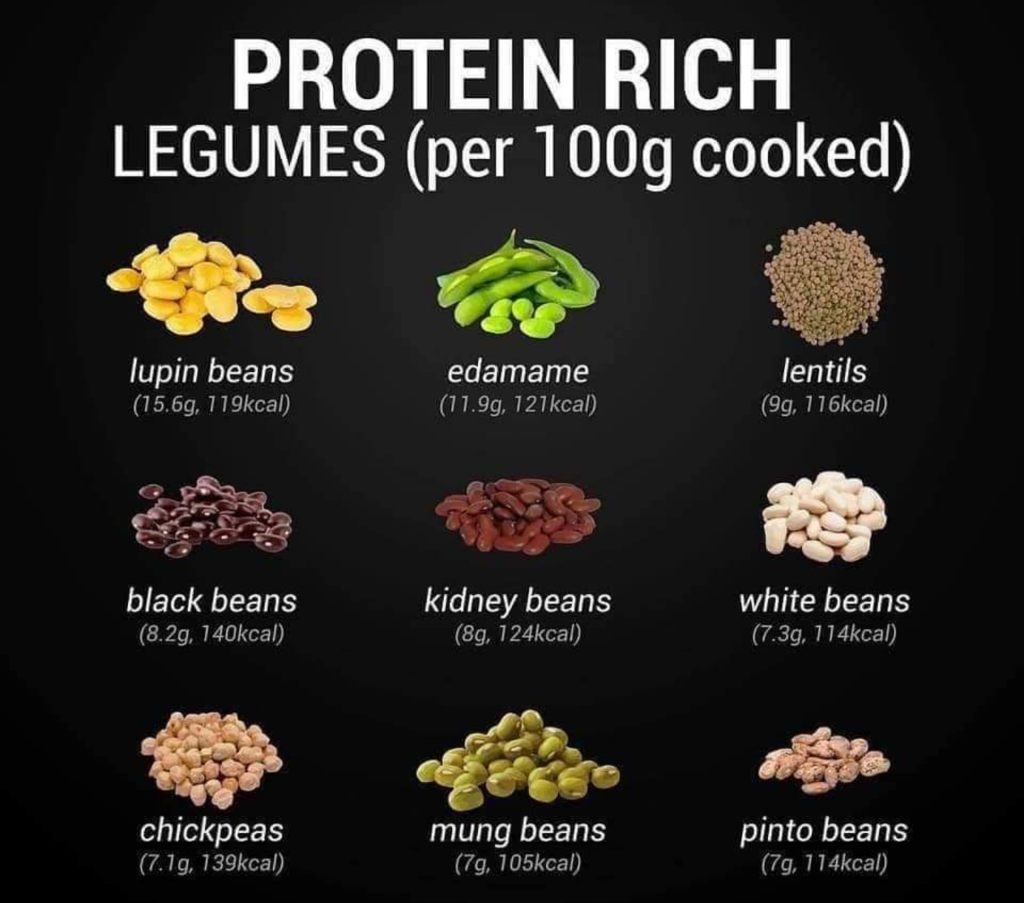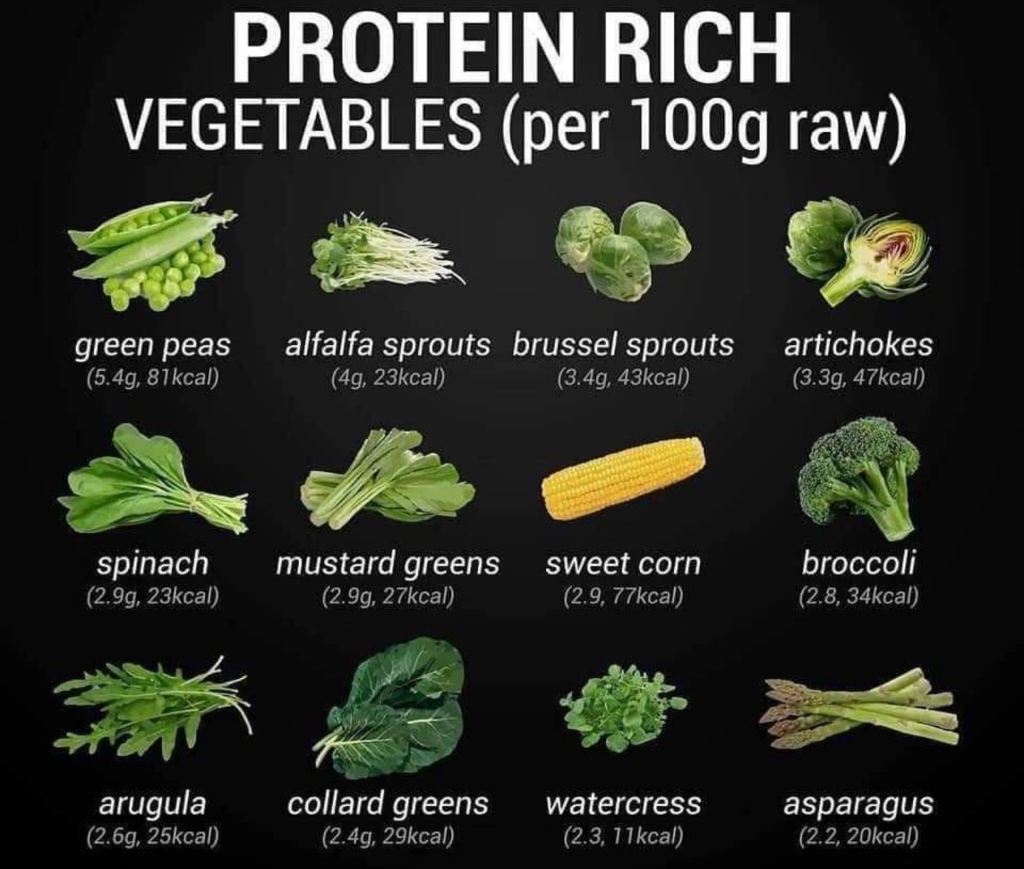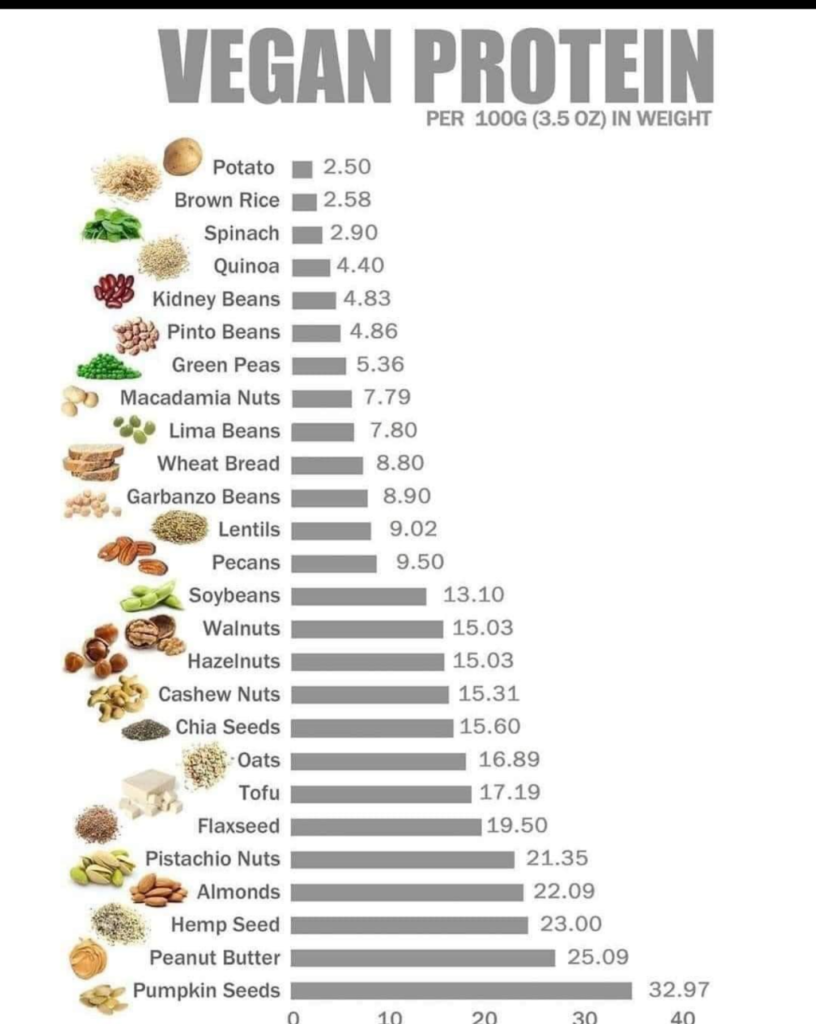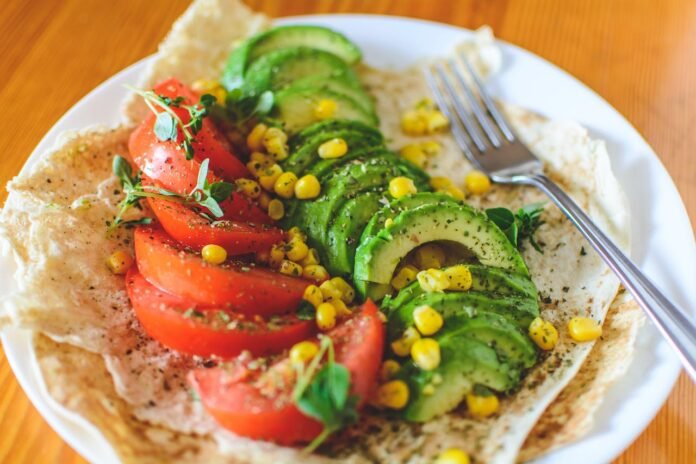There are no distinctions or categories of veganism. Some close to being vegans, known as strict vegetarians, refrain from consuming meat, eggs, dairy products, and any other animal-derived substances. An ethical vegan is someone who not only excludes animal products from their diet but also tries to avoid using animals, animal products, and animal-tested products. Another term is environmental veganism, which refers to not using anything of animal products because the industrial farming of animals is environmentally damaging and unsustainable. Another motivation for veganism is a concern about animal welfare. Veganism increased significantly in the 2010s.
Vegan diets tend to be higher in dietary fiber, magnesium, folic acid, vitamin C, vitamin E, iron, and phytochemicals, and lower in dietary energy, saturated fat, cholesterol, omega-3 fatty acids, vitamin D, calcium, zinc, and vitamin B12.
“The terms vegan and vegetarian diet are sometimes used interchangeably, but they are distinctly different ways of eating,” says Nicole Roach, a registered dietitian at Northwell Health’s Lennox Hospital in New York. Unlike a vegan diet, where no animal or animal products are consumed, a vegetarian diet typically incorporates some animal products, such as milk or eggs.



Vegans tend to have lower body mass indexes or BMI than nonvegans, which may be associated with lower chronic disease risk. In addition, studies suggest that vegan diets are more effective at helping people lose weight than many other diets, including the Mediterranean diet.
A vegan diet has also been linked to a lower risk of cancer. What’s more, it also appears to
reduce pain from arthritis and may further reduce your likelihood of experiencing age-related cognitive decline. It’s important to remember that not all vegan diets will be equally beneficial.
A well-planned vegan diet made up mostly of minimally processed foods is considered beneficial for all stages of life, but those including large amounts of ultra-processed plant foods are not. Poorly planned or highly processed vegan diets may also increase your risk of nutrient deficiencies, especially in vitamin B12, iodine, iron, calcium, zinc, and omega 3s. Sprouting, fermenting, and cooking foods in cast iron cookware can further enhance your body’s ability to absorb the nutrients contained in plant foods.
Minimizing your intake of processed plant foods while increasing your intake of whole or minimally processed ones can help reduce the risk of experiencing nutrient deficiencies.
The most common question people ask about vegetarian and vegan diets is, where do you get the protein? Let’s talk about where you can get protein in places other than animal and man-made products, such as meat, dairy, and protein supplements.
Protein is an essential part of our nutrition, making up about 17% of the body’s weight, and it is the main component of our muscles, skin, internal organs, especially the heart and brain, as well as eyes, hair, and nails. Our immune system also requires protein to help make antibodies that are needed to help fight infections. Protein also plays a role in blood sugar regulation, fat metabolism, and energy function. Getting the right amount of protein and all the necessary amino acids is done by combining different grains with different vegetables and pulses, such as beans and rice or tofu with broccoli. Variety is key when it comes to being vegan and not using substitute products such as vegan cheese to make up for any deficiency, as they are technically processed food and offer little health benefit.
Remember that animals consume plants to produce protein in their bodies.
Plant foods can be a great source of protein and a real benefit in helping to reduce animal protein in your diet, whether you are vegan or vegetarian. Here are a few examples:
- Quinoa
- Lentils
- Chickpeas
- Beans
- Tofu
- Hemp seeds
- Nuts and seeds
- Chia seeds
- Buckwheat
- Oats
- Brown and wild rice
Disclaimer: I do not encourage or discourage the Vegan Diet. I do encourage anyone interested in the vegan diet to decide if this way of eating is best for them.


